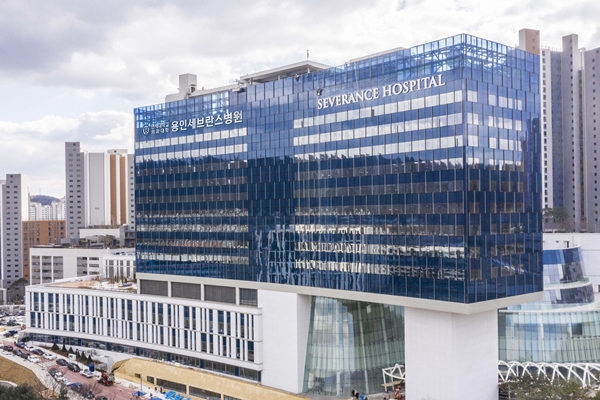Researchers at Severance Hospital have discovered a method to measure the risk of autism spectrum disorder (ASD) in children by using their stools.

The team, led by Professor Cheon Keun-an of the Department of Pediatric Psychiatry, concluded by comparing and analyzing the intestinal microbiome structure in the feces of 54 children with ASD who visited Severance Hospital and 38 normal children of similar age.
After collecting the feces of children with ASD and normal children and extracting the genes of microorganisms in the feces, the team obtained a large amount of sequencing data using next-generation sequencing technology. Afterward, the team performed bioinformatic analysis to compare the distribution of intestinal microflora in children with ASD and normal children.
Their analysis showed that the bacteroides genus of bacteroidetes was higher in the normal children group than in the ASD children group. ASD is a neurodevelopmental disorder characterized by social deficits, communication problems, and abnormal and stereotyped behavioral patterns.
In the children with ASD, the bifidobacterium genus of actinobacteria represented a higher proportion than the normal children group.
The team also found significant differences in the proportions of bacteroidetes and firmicutes (B/F) that affect gut health and brain function.
In the normal children group, the B/F ratio was relatively lower than in the ASD child group. Also, from a functional point of view of the intestinal microflora, the researchers observed that the normal children group had active functions related to nutrition and energy metabolism. Still, in the case of ASD, the replication and repair functions of genetic information were more active.
The researchers expect that the study results have shown that the microbiome can be a clue to the development of ASD treatments.
“Intestinal microbiome research on autism ASD has been actively studied worldwide, but it was difficult to find relevant research results in Korea,” Professor Cheon said. “Through this study, we discovered the difference in the distribution and function of the intestinal microbiome between the ASD and normal children group, and we will confirm the possibility of microbiome treatment in ASD through a more sophisticated study design in the future.”
According to statistics from the U.S. Centers for Disease Control and Prevention (CDC), the U.S. prevalence of ASD was 1 in 54 people in 2020 and is increasing every year. Korea’s prevalence is around 2 percent, according to the hospital.
The hospital added that there is no clear cause for the development of ASD, and treatment is also limited to symptomatic drug treatment for coexisting problem behavior, not drug treatment for the core symptoms of ASD.
The results of the research were published in the recent issue of Nutrients.

